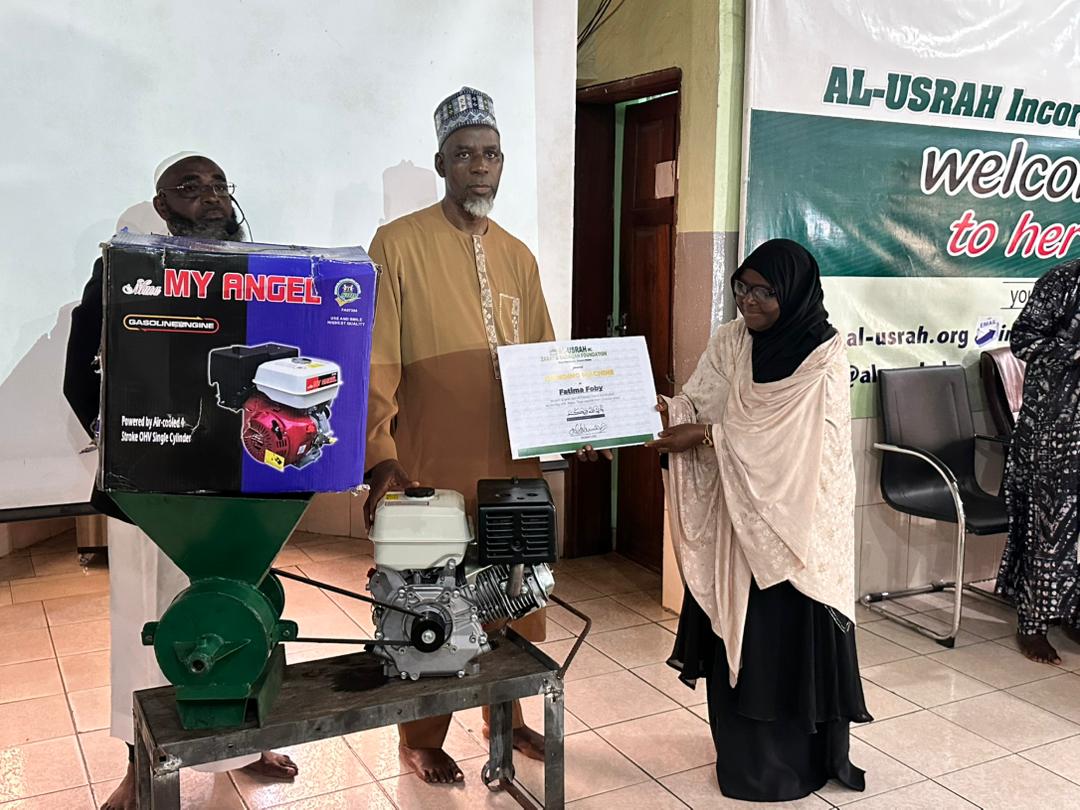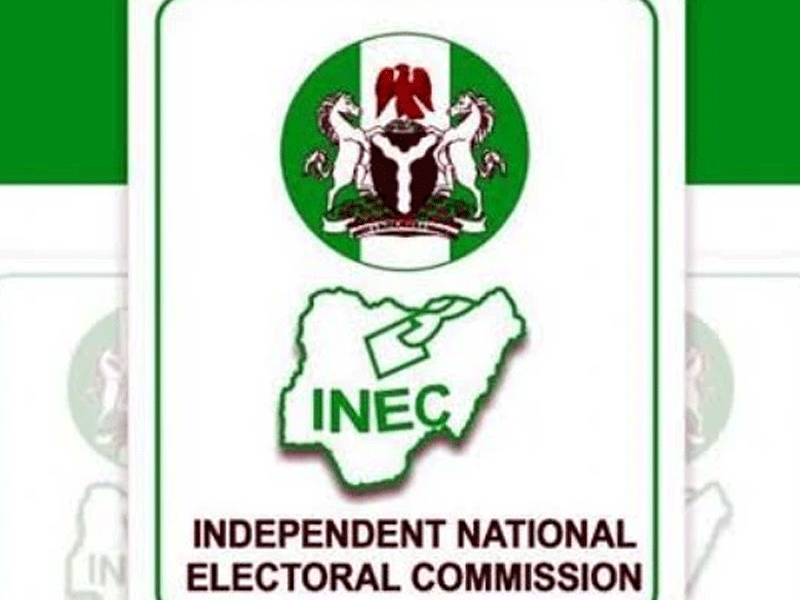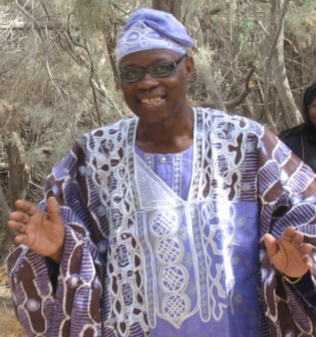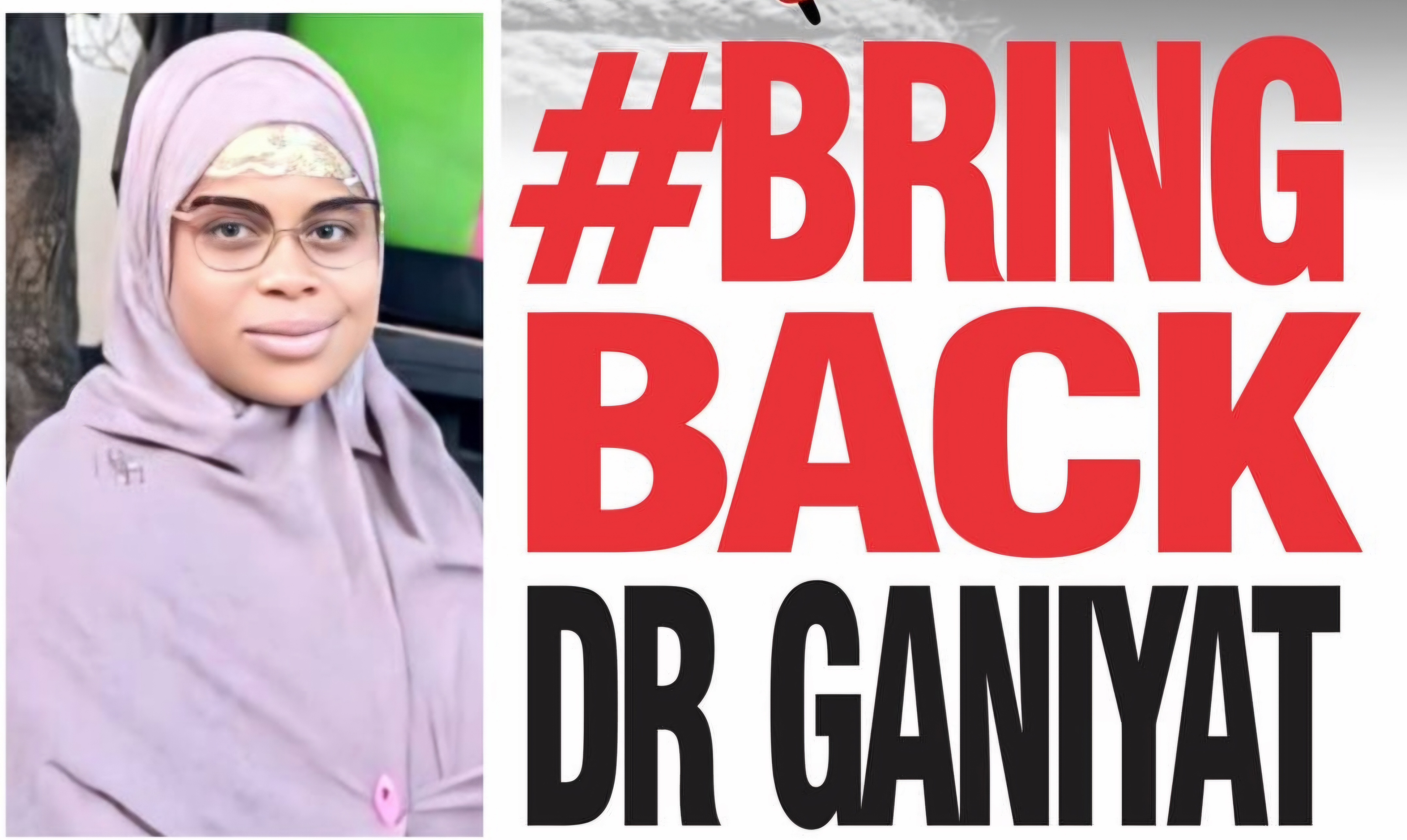
Breaking News: Unilorin Alumi Association: 'We were warned' - Opinion
Breaking News: Breaking: Court Restrains Oyo Assembly from Further Impeachment Process Against Makinde’s Deputy, Olaniyan
Breaking News: Labour leaders physically assault Ogun journalists for covering strike, harass hospital workers
Breaking News: Congratulations Asiwaju – Osinbajo’s spokesperson accepts defeat
Breaking News: Finalissima: Messi steals show, beats European Champion, Italy
A member of Financial Regulatory Advisory Council of Experts of the Central Bank of Nigeria; Professor AbdulRazaaq Alaro has hinted that operations of Islamic finance based on banking industry alone without other components is not likely to succeed.
Professor Alaro, a member of the Takaful (Insurance) Advisory Council of the National Insurance Commission identified Islamic Social Finance as another aspect with which Islamic finance can succeed.
According to the Professor of Islamic Law, University of Ilorin, Waqf (Endowment), Hibbah or Hadiyyah (Gift), Sodaqah (Alms Giving), and Wasiyyah (bequest) etc. are other importan aspect for the Islamic banking industry to succeed.
Prof Alaro was speaking at the 7th National General Meeting of Al-Hayat Relief Foundation, held at the Olusegun Obasanjo Presidential Library, Abeokuta, the Ogun State capital.
He spoke on the topic ‘Al-Waqf principles, practice and management by Islamic Cooperative Societies in Nigeria.
Alaro maintained that the concept of Waqf requires “Locking up one’s title to a useful asset through restriction of one’s right of disposal of same, while the benefits are allotted for halal causes”
He explained that the concept of Waqf is an instrument for wealth circulation and financial inclusion in a society, while regretting the pathetic disposition to the concept especially in South West Nigeria.
He said, “People erroneously belief islamic finance is only about banking. Banking is just one component and the truth is that anywhere banking alone is practiced without other legs and components, it is very difficult for them to succeed.
“The best thing to do is to venture into Waqf because banking is just one component of islamic finance and it is difficult for them to succeed where only one component is practiced.
“Another aspect that's very very important for this industry to succeed is what we call Islamic Social Finance.
“Waqf, Zakaat, Sodaqah are the building blocks of islamic social finance. There won't be any difference between conventional financing and islamic financing if we focus only on banking in islamic finance.
“Islamic finance is a value chain and we have to take all the components together to be successful.
“One of the principles of Waqf is that it must remain in perpetuity and must not be sold. It can then be targeted at any sect of beneficiary or beneficiaries like widows, students, etc.
“Worth of Waqf in Nigeria is very insignificant, especially in Yoruba land. But the situation is not the same I'm other countries of the world.”
While highlighting the significance of Waqf, Alaro quoted Professor Habeeb Ahmed, a Professor of Islamic Finance in the UK, who put the total global Waqf on landed properties alone at $3trillion Dollars.
According to him, a conservative returns on the investment will return a total of $150b every year for the use of the needy Muslims at 5% profit.
“Assuming the investment on the amount is very conservative and brings in 5% profit, it will bring in $150b every year. This shows how important Waqf is to people around the world.
“By our situation is very pathetic in this part of the world, for so many reasons. Even when Nigeria is not comparable with other part of the world, we can still bring the comparison to the Nigeria in terms of North versus South.”
The Islamic scholar however appealed to other islamic leaders to always explain the concepts of Islamic Social Finance to the people in order not to complicate the concepts.
“In Shari'a, a gift is different from Waqf because a gift is given out outrightly to beneficiary who can do whatever they want with it. We must let people understand this.
“Part of what we must also understand is the difference between Wasiyyah and Waqf. Wasiyyah is delayed until the endower is no more alive before it takes effect. This may not be possible again because you will have no control over it after your death.
“For example Shari'a does not allow more than ¼ of the estate to be gifted as endowment. Shari'a also allows family Waqf where an estate owner can endow for family members but none of the heirs to the estate can benefit from the family Waqf. We must all undertone this so that we don't mix it up.”
Alaro also identified registration of Waqf, unnecessary restriction, and management and administration of Waqf as some of the challenges.
“Registration of Waqf is challenging and complex but most be properly analysed. Waqf registered as incorporate trustees has complexity. Only Shari'a court of appeal has jurisdiction.
“When it is run as a trustee, it removes the jurisdiction of the court of appeal because trust under the Constitution is in the exclusive legislative list and it is only the High Court that has jurisdiction.
“Unnecessary restriction in the law. Sections 362 and 277 of the 1999 Constitution restricted endower to be a muslim alone. It is even funny in Kenya because a Muslim was not only defined, the Muslims in Europe and America were removed from the law.”
On the guidelines, Alaro said Waqf should be to support the less privileged member of the society, adding that family Waqf or combined Waqf can be adopted, depending on the choice of the endower.
“Endowment shouldn't be worthless. It has to be of high value; Perishable items or consumables are not fit for Waqf; once a Waqf is always a Waqf. It is binding on you; managers and administrators can also earn their living from Waqf return; administrators should be people of proven integrity and not corrupt people; and an Endowed needs not be a Muslim. That's the difference between Waqf and Zakaat.
“A Non-Muslim can also be beneficiaries of muslim state provided they are not enemies of muslim state.”
Newsletter






We are not gonna make spamming
Copyright By @ HorizonTimes - 2026
BACK TO TOP